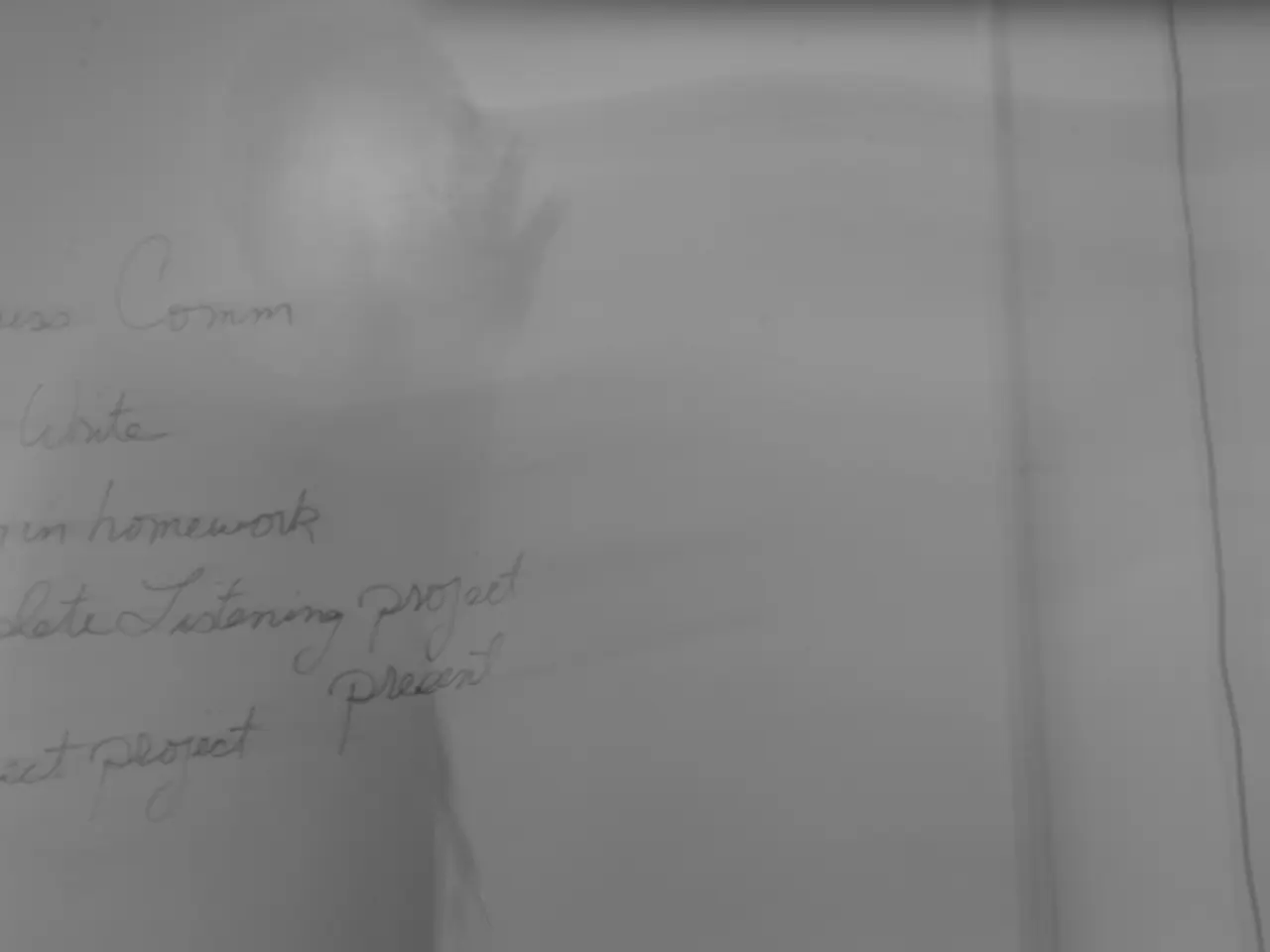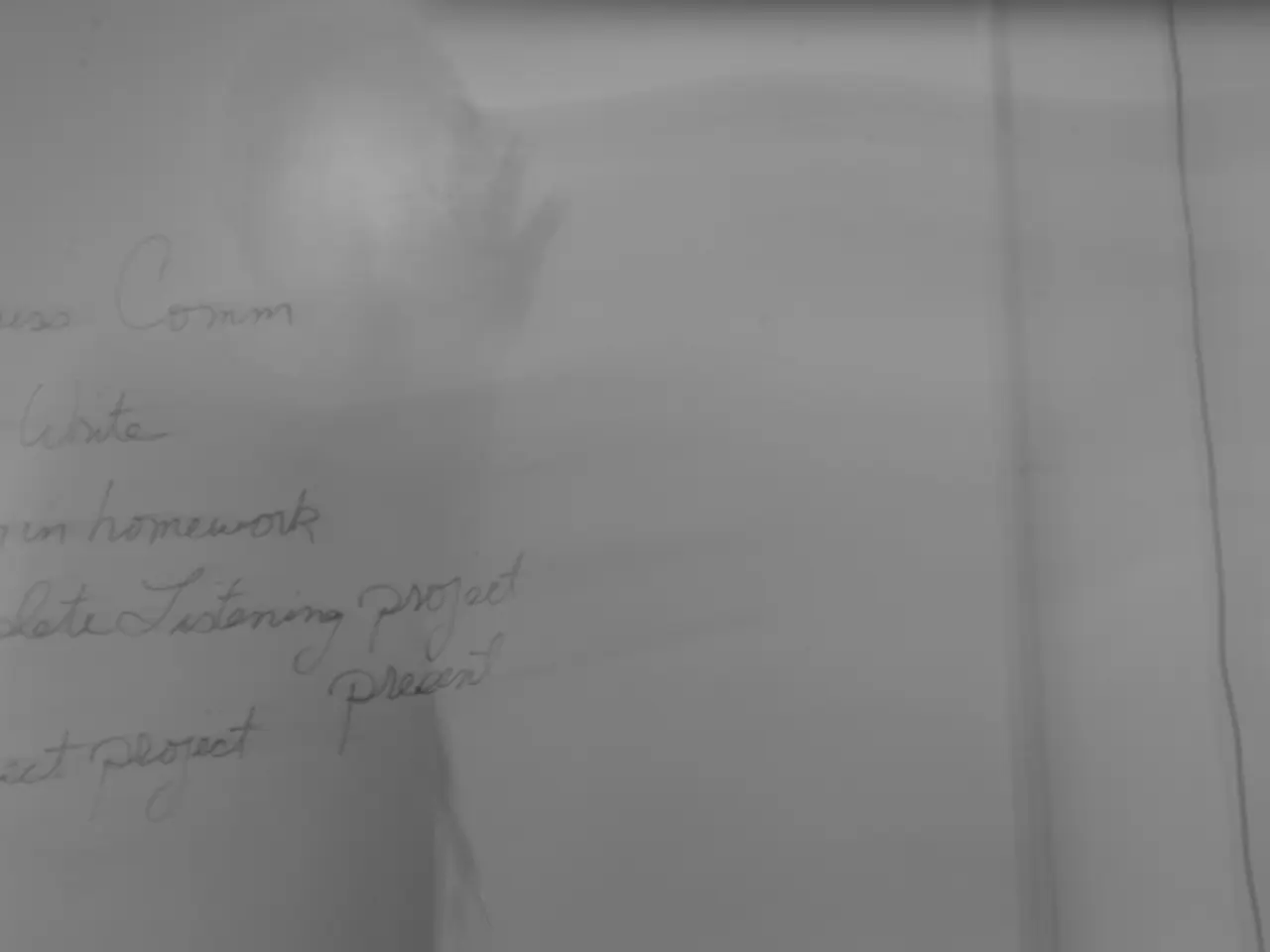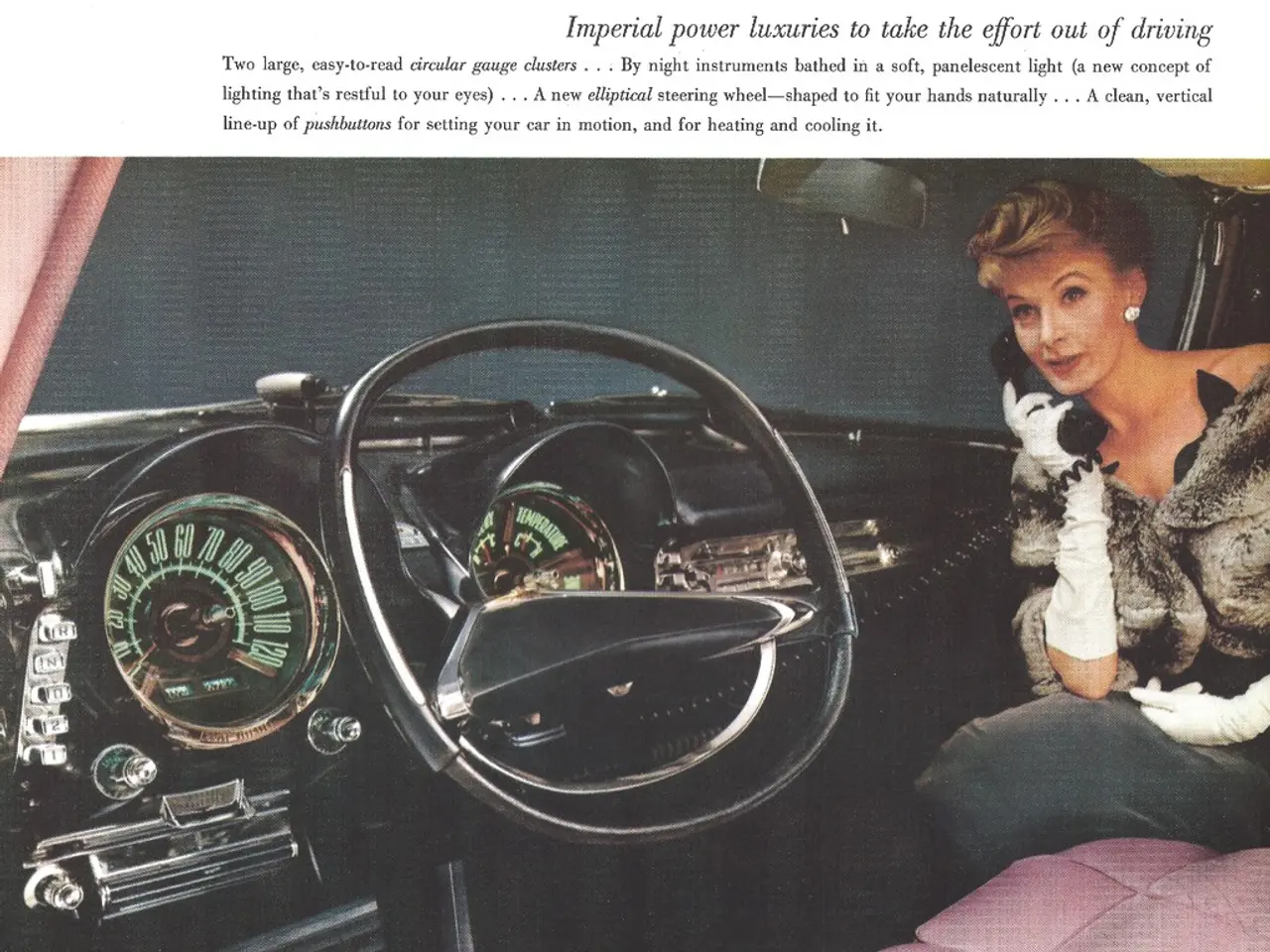United States-Europe trade agreement labeled a dismal day for Europe by French Prime Minister Bayrou
The U.S.-EU trade deal, signed recently, has been met with heavy criticism from French Prime Minister Francois Bayrou who described it as a "dark day" for Europe. Bayrou condemned the agreement as unbalanced due to a 15% tariff on European goods entering the U.S., while U.S. imports remain exempt from immediate European retaliation [2][4].
The French government has repeatedly expressed its view that the agreement is fundamentally unbalanced, although they have not specified what they mean by this. French European Affairs Minister Benjamin Haddad urged the EU to invoke its "anti-coercion instrument" to enable proportional non-tariff retaliation against the U.S. [2].
On the other hand, the U.S. administration and many American officials hail the deal as a major success. The agreement removes tariffs on imports of EU goods to higher historic levels and includes the EU's commitment to buy $750 billion worth of U.S. energy and invest $600 billion in the U.S. market by 2028. This is expected to significantly boost American manufacturing, energy exports, and reduce the goods trade deficit with the EU [1][3].
The softer line advocated by German Chancellor Friedrich Merz and Italian Prime Minister Giorgia Meloni prevailed in the final decision-making process of the EU-U.S. trade deal. Their countries, more dependent on exports to the U.S., took a more conciliatory approach compared to France's firm stance [2][4].
Trade Minister Laurent Saint-Martin criticized the EU's handling of the negotiations, stating that the bloc should have retaliated earlier in the power struggle initiated by Trump. Saint-Martin suggested that the deal could have looked different if the EU had shown its capacity to retaliate earlier [2].
The criticism from Bayrou follows months of French calls for EU negotiators to take a tougher stance against Trump. Saint-Martin echoed this sentiment, stating that Trump only understands force, implying a belief in the effectiveness of retaliation in negotiations with the U.S. [2].
| Aspect | France (Bayrou) | Germany & Italy | U.S. Administration | |-------------------------------|------------------------------------------|-------------------------------------|----------------------------------| | View on deal | Dark day for Europe, unbalanced, submission to U.S. | More conciliatory, benign reaction | Major win, boosts exports & investments | | Tariffs | 15% tariff on EU goods, no EU retaliation | Accepts the framework | Accepts tariffs on EU goods | | Response to trade tactics | Calls for tougher EU stance, anti-coercion retaliation | Less confrontational | Praise for deal and economic benefits | | Economic concessions | Some sector exemptions but insufficient | Generally accepting | $750B energy sales and $600B investments |
This divergent reaction highlights deep divisions within the EU on how to handle trade relations with the U.S., particularly balancing economic interests with political sovereignty and alliance solidarity [2][4].
- The European economy, and specifically France, disagrees with the recent U.S.-EU trade deal, characterizing it as an unbalanced agreement due to higher tariffs on European goods and the absence of immediate retaliation for American imports.
- On the other hand, the U.S. administration, along with Germany and Italy, view the deal as a significant win, expecting a boost in American manufacturing, energy exports, and a reduction in the goods trade deficit with the EU.
- Controversy arises within the European Union, as some countries, like France, advocate a tough stance against the U.S., advocating for proportional non-tariff retaliation, while others, such as Germany and Italy, take a more diplomatic approach.






